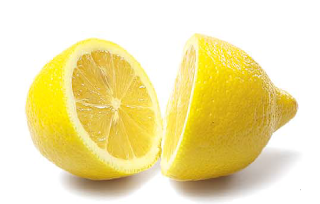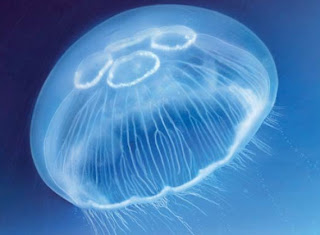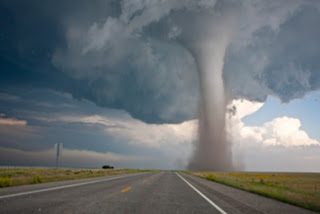Imagine a product that can be used as medicine, a cleaning agent, a disinfectant, and a beauty treatment. You can eat it, drink its juice, and extract essential oil from it. It comes attractively packaged, is available all over the world, and is inexpensive. You may even have one in your kitchen right now. What is it? The lemon!
It is thought that lemons originated in Southeast Asia. From there they were gradually carried westward, toward the Mediterranean. Lemon trees thrive in mild climates, hich is why they grow so well in places like Argentina, Italy, Mexico, Spain, and even parts of Africa and Asia. A mature tree, depending on the variety and location, can produce nywhere from 200 to a staggering 1,500 lemons a year. The cultivated varieties bloom in different periods, making it possible to harvest lemons yearround.
Lemons Take Root in Italy
Whether the ancient Romans grew lemons is a hotly debated subject. There is written evidence that the Romans knew about the citron, another member of the citrus family, which strongly resembles a large lemon. In his work Natural History, Roman historian Pliny the Elder specifically mentions the citron tree and its fruit. However, leading experts believe that the Romans knew about lemons too. Why? Because numerous frescoes and mosaics apparently depict these fruits and not citrons. One such example is from a villa unearthed in Pompeii, appropriately called The Orchard House, as it is decorated with frescoes that depict various plants, including a lemon tree. Admittedly, at the time, it was likely considered an exotic tree and may have been used only as a medicinal plant. It is impossible to tell how easy lemons were to grow and how widespread they were.
The island of Sicily, with its long warm summers and mild winters, has become the leading producer of citrus fruit including lemons. But there are other areas, mainly along the coast, where good-quality lemons are cultivated.
The beautiful town of Sorrento is just south of Naples, and south of it The VersatileLemon is the Amalfi coast—just over 25 miles (40 km) of spectacular sprawling coastline. Tucked away in coves along the coast are the picturesque towns of Amalfi, Positano, and Vietri sul Mare, just to mention a few. Sorrento and the Amalfi coast produce lemons that have the Protection Authority certificate, a guarantee that they were actually cultivated there. The locals are rightly protective of their lemon trees, as these trees were cleverly planted on terraces on the side of the mountain, where they soak up the sun and produce wonderfully perfumed, juicy lemons.
You don’t need lots of space to grow a lemon tree. Even a sunny balcony is enough, as dwarf lemon trees can be grown in pots and are beautifully ornamental. They like sunny, wind-free spots where they can soak up the warmth, preferably against a wall. However, f the temperature drops a lot during the winter, they need to be covered or brought indoors.
Not Just for Flavor
How often do you use lemons? Some put a slice in a cup of tea; others use the zest or a few drops of the juice in cake recipes. Maybe you squeeze them to use the juice for lemonade. Chefs around the world always have lemons on hand for endless uses in cooking. But have you ever used lemon juice as a disinfectant or to help remove a stain?
Actually, some people clean up and disinfect their chopping boards by rubbing them with half a lemon. Instead of using bleach for stains or cleaning the sink, some use a mixture of lemon juice and baking soda. And half a lemon in the refrigerator or dishwasher is said to eliminate bad odors and keep the appliances smelling fresh.
Lemons are a source of citric acid, which is used as a natural preservative and to give a sour taste to food or drink. The lemon’s pith and peel yield pectin,which is used in the food industry as a thickener, emulsifier, and gelling agent. Additionally, there is an oil extracted from the peel that is used in the food, pharmaceutical, and cosmetic industries. The list of uses for lemons could go on and on. Lemons truly are a colorful, flavorful, versatile fruit.
5.0 stars based on 35 reviews


 12:05 PM
12:05 PM
 Hmm
Hmm
















